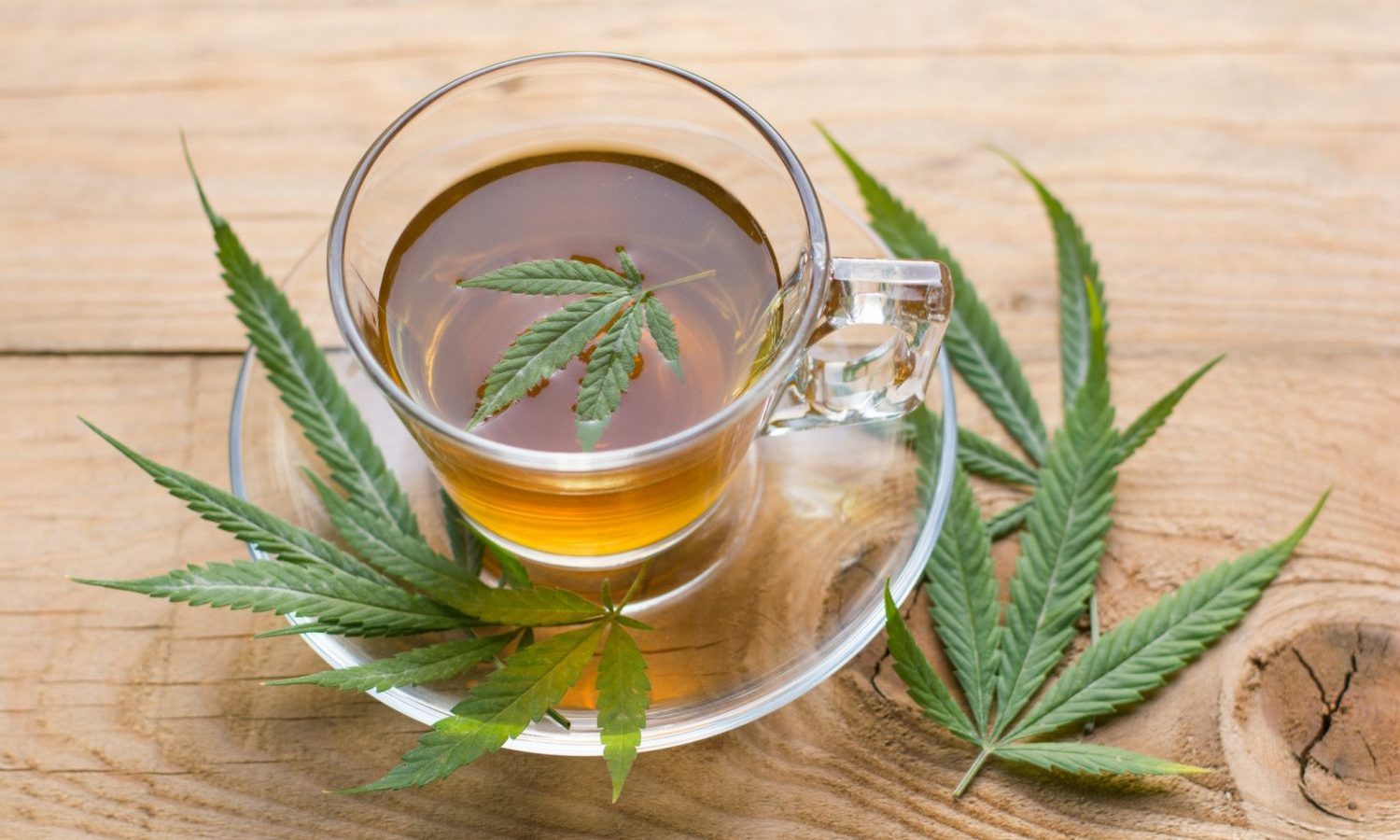
Report: CBD levels on labels differ from levels found in actual products
By Nicolas Jose Rodriguez
More than half of 29 hemp tea and coffee products recently analyzed showed that CBD levels in the United States differed greatly from what was stated on the label. Israel-based CBD product review site Leafreport found products that vary between 11.5% and 62% from the labeled CBD content.
Leafreport sent the CBD tea and coffee products to SC Labs in Santa Cruz, California, where lab technicians tested the products and recorded the results in documents called Certificates of Analysis (COA).
Photo by CRYSTALWEED Cannabis via Unsplash
Leafreport compared the CBD content stated on the COAs to the advertised amount and looked at what other cannabinoids were detected by the tests, especially if the manufacturer claimed to be using broad-spectrum or full-spectrum hemp extract.
The study found that of 14 teas and coffees advertised as broad-spectrum or full-spectrum hemp extract, 11 (79%) were labeled “accurately,” while only three contained CBD, Hemptoday reported.
Most important findings
- Of 14 teas and coffees advertised with broad- or full-spectrum hemp extract, 11 (79%) were correct and only 3 contained CBD.
- 14 (48%) of the products tested had CBD levels within 10% of the label, which is required for an A rating.
- A little more than half (52%) of the tea and coffee products tested had inaccurate CBD values. They were between 11.5% and 62% away from the stated CBD content.
- The most common rating was an A (48%) for products that were within 10% of the advertised amount of CBD.
“We also found that consistency remains an important issue,” the report said. For example, when we tested two different products from the same brand, one always did better than the other. “
Consumer product manufacturers are awaiting FDA approval for CBD
The global CBD market has reached billions of dollars in value in just a few years. Grand View Research, a leading market research and advisory firm, predicts the market will grow at an average annual growth rate (CAGR) of 21.2% from 2021 to 2028. Many attribute the incredible growth and popularity of CBD to its health benefits.
RELATED: 54% of CBD Drinks contain less CBD than advertised
Although the Farm Bill legalized the cultivation of hemp, it did not legalize CBD and still requires a license for those who grow hemp. With CBD still legally in a gray area, many consumer goods companies have not been able to enter the market.
The Food & Drug Administration (FDA) has equated CBD in full-spectrum hemp supplements to concentrated CBD, as found in Epidiolex, the only FDA-approved cannabis-based drug used to treat seizures. In this way, the FDA is suggesting that such CBD supplements should only be available by prescription.
RELATED: Some CBD pet products actually contain no CBD
Established food and beverage manufacturers like Coke and Anheuser-Busch Inbev are considering making CBD products and earlier this year Molson Coors Beverage Co. and Hexo Corp. launched a line of non-alcoholic, CBD-infused sparkling water in the United States.
On May 19, 2021, Senators Rand Paul (R-KY), Ron Wyden (D-OR) and Jeff Merkley (D-OR) introduced the Hemp Access and Consumer Safety Act of 2021, which generally provides a legal route for specific purposes Cannabidiol (CBD) products made from hemp. “Despite its widespread growth and ubiquitous consumption, CBD is currently largely unregulated at the federal level,” reported The National Law Review.
This article originally appeared on Benzinga and was republished with permission.

Post a comment: